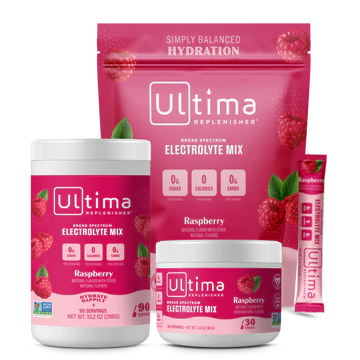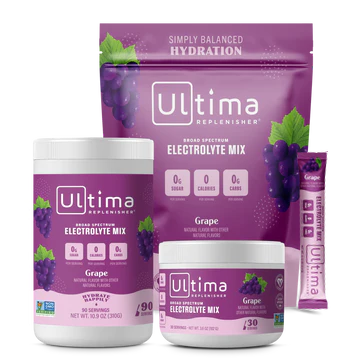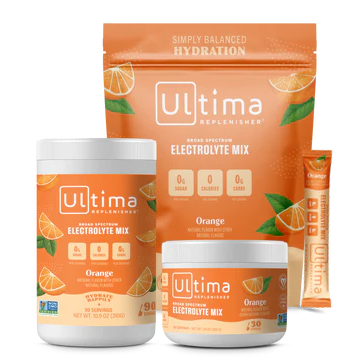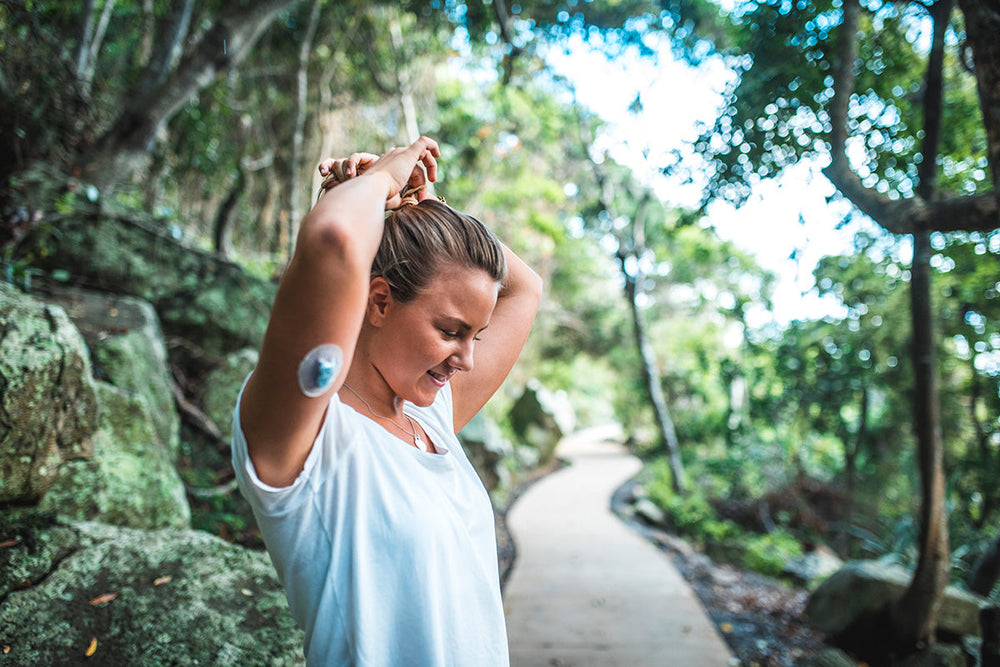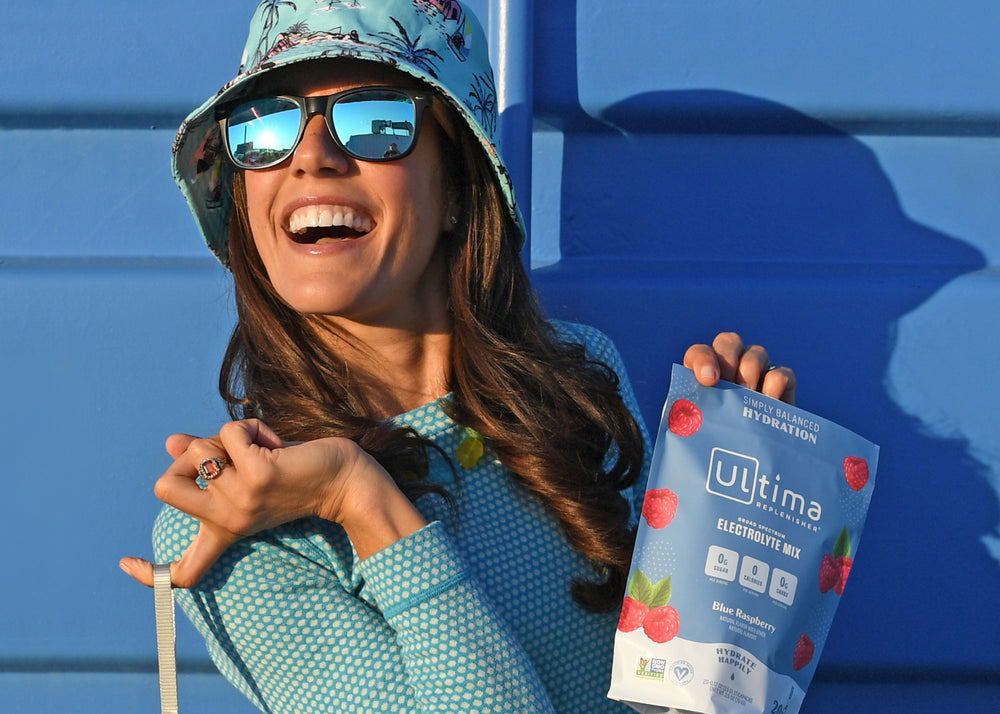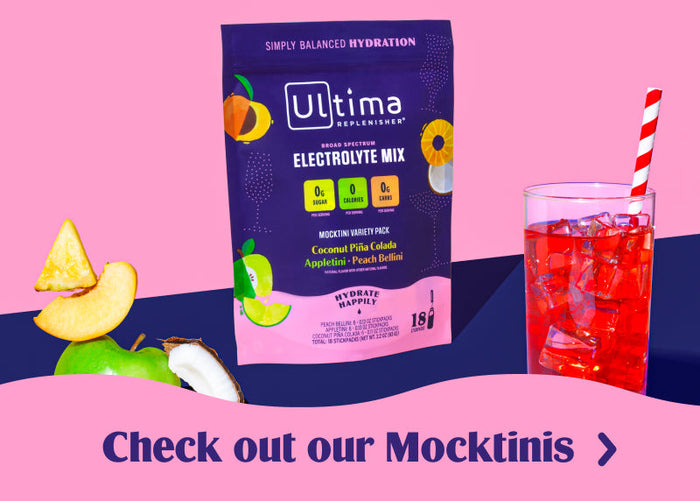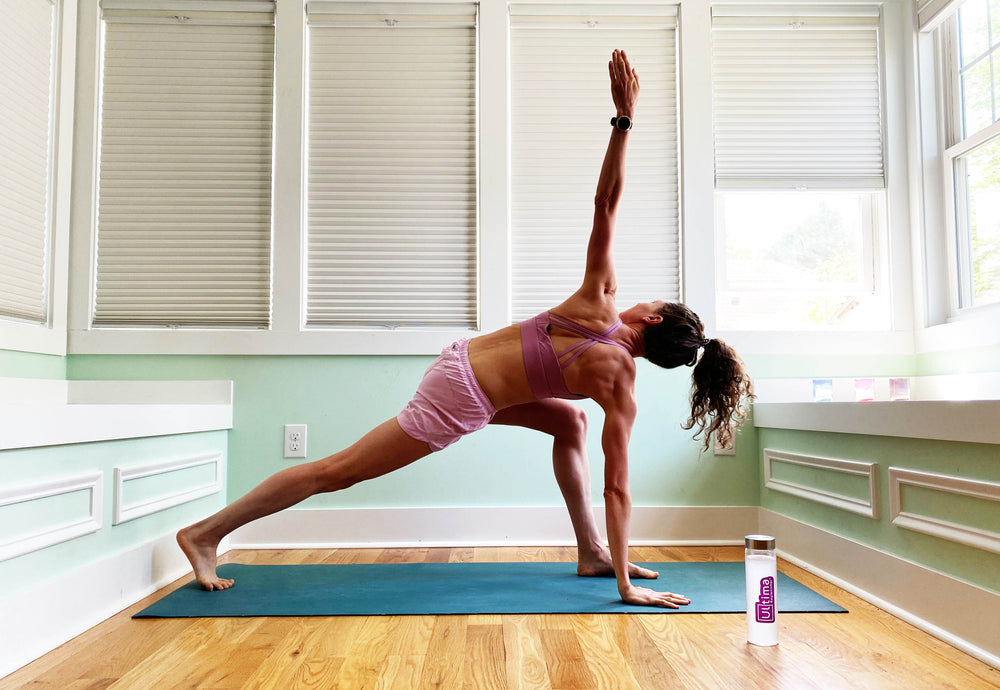
Why You Should Hydrate During Your Hot Yoga Practice
The thinking across hot yoga studios for many years was you were not supposed to drink water (or anything else for that matter) during your practice. If you have been to a hot yoga practice anytime in the past decade, the odds are high that you encountered a teacher who, whether playfully or in a mode more closely resembling a drill sergeant, scolded a student for drinking out of her water bottle in the middle of the session.
The widespread belief here was that this break to grab your water bottle and drink from it, however brief and quick it might be, was an unnecessary interruption and distraction from your own focused practice, as well as possibly being a little disruptive to those on the mats around you.
A yoga class of many is in some ways like a dance class: if everyone is relatively in sync, the energy in the room works to keep everyone moving in sync. If someone keeps going to the wrong side or reaching for her water bottle, this can take those around them out of that particular zen place of synchronous concentration that results from following along in a fluid (no pun intended) yoga sequence.
While one certainly cannot fault a yoga teacher for wanting to keep their students working together as a team and unit, one must also keep in mind that yoga is a form of exercise where hydration still matters.
The style of yoga is likely to have an impact on how much or whether a student needs to be taking in fluid during the class—in yin or restorative yoga, for example, hydration needs will be very low, as practice will be comprised of almost entirely seated or reclining postures, while in a more vigorous vinyasa or power yoga, hydration needs will be much higher, as students move, strengthen, and sweat.
In particular, if the room is heated and students are heavily sweating to accommodate for both an intensely physical practice and hot environment, both teachers and students should be more aware of taking care of their own hydration and electrolyte needs, not just before and after, but also during class as need be.
The bottom line is that yoga is a form of exercise, a workout just like any other, that will be better enjoyed if the practitioner is not woefully dehydrated or deprived of water bottle access. (The whole idea that one is not supposed to drink in class, if emphasized too heartily by a teacher, is likely to only make students fantasize about that mid-class sip of water all the more.)
Muscles and mind, body and brain, all work more as they are supposed to if given the chance to hydrate—in particular if a lot of fluid and electrolytes are being lost in a very sweaty practice.
No matter what the form of yoga, a student should never feel restricted from drinking water or electrolytes if he or she feels that they need to be taking a drink break during class (which can also easily be done in a subtle way so as to not disturb others). Even in a yin or restorative or otherwise very slower paced practice, a student or teacher may have been rushing to get to class, had an otherwise rushed, hurried, or dehydrated kind of day: that peaceful yoga session that is the metaphorical fresh glass of water in a person’s day might also be best enjoyed… with a sip from an actual fresh glass of water.

About the Author: Ann Mazur is an avid drinker of Ultima—her current favorite flavors are blue raspberry and watermelon—as well as an avid exerciser, both in an out of the home. Ann is founder of Runners Love Yoga, whose tagline is “Do Yoga Run Faster” and whose mission is to provide streamable yoga workouts for runners everywhere. When not busy filming classes for Runners Love Yoga TV (where you can do yoga with her in your own home!), she can be found designing activewear for the clothing side of her brand. She loves to run, and is an Olympic Trials Marathon finisher, and additionally loves swim workouts and yoga. When she is not moving and being active, she enjoys writing and reading; she holds her Ph.D. in English from the University of Virginia.

